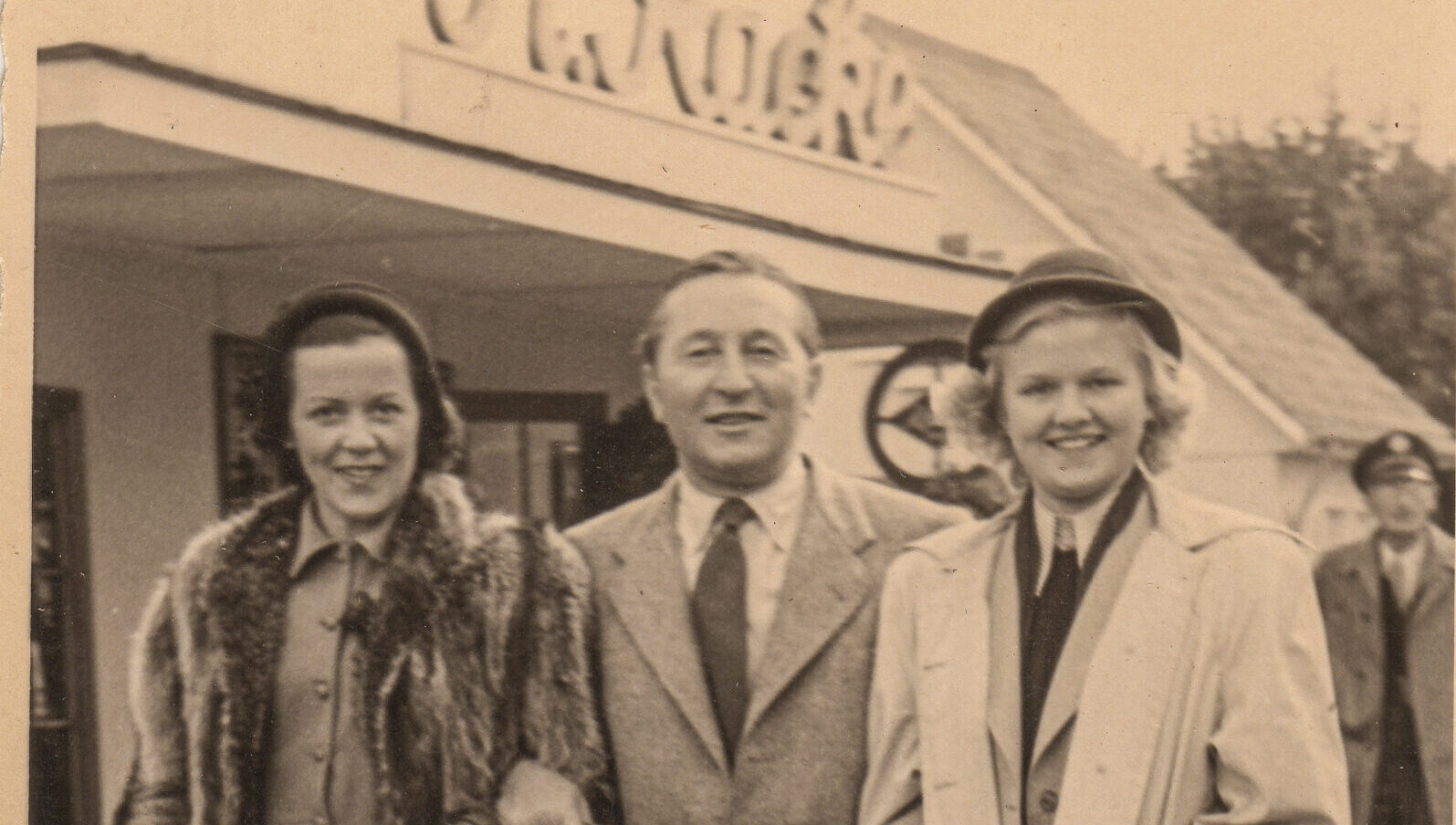These notes are taken from the manuscript “Denk Ich am Sonneberg” written by Renate Kehrein (née Schellhorn) in 1981, covering the period from 1939 to the end of the war, 1945. The significance of the year of authorship is that the Iron Curtain was still in place, meaning it was very difficult to cross over from the West to the East Zone. My grandmother tried to cross over about the same time, but was not permitted by East German Authorities.
Finally, the original text is in German, and my German is insufficient to fully translate. As a result I have drawn on automation to perform the heavy lifting.
-
Renate
Renate was born July 15, 1932 in Unterkochen, Baden-Württenberg, Germany. Her father was Otto Schellhorn, and mother Elsa Schellhorn (née Gmur). Walter was Otto’s brother, and thus Renate’s uncle, and Dickie was Walter’s second wife. It is important to keep in mind that these stories were written by a middle-aged woman, recalling the memories encoded…
-
Otto Schellhorn
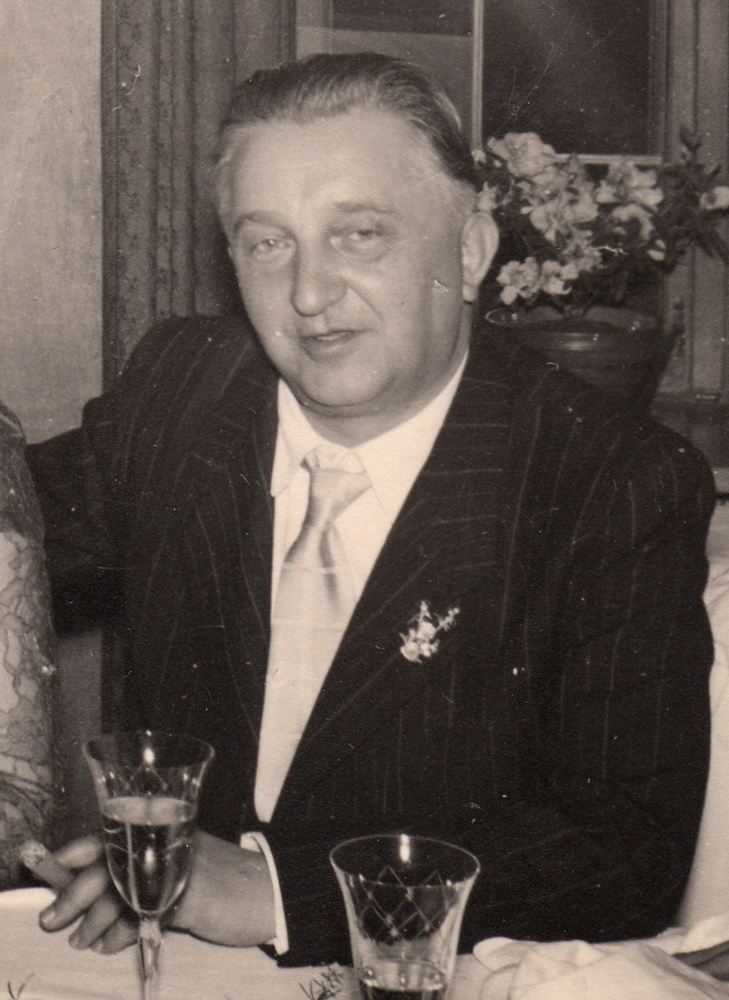
An article published in the October 30th, 1969 edition of the Berchtesgaden Newspaper on his 70th birthday, provides a gentle overview: Tomorrow, Thursday, October 30, the retired building inspector, Dipl. Ing. Otto Schellhorn (Berchtesgaden and Marktschellenberg), will be 70 years old. The celebrant, whose parents’ house is in Sonneberg in Thuringia, has acquired a large…
-
Kristallnacht

November 10, 1938. At home on the peaceful outskirts of the city in the quiet residential area around the Battle of Nations Monument, I, as a 7-year-old, didn’t notice anything of the riots. I only remember that my father came home the next day completely distraught from his office in the New Town Hall and…
-
The Autograph Book

July 15, 1939. For my 7th birthday, Aunt Fanny gave me a beautiful poetry album bound in brown leather, which even had a little lock on it. I had discovered it long before among the treasures in her shop. On the front left-hand pages she had pasted black paper cutouts, a rarity that no other…
-
Vacation in Sonneberg
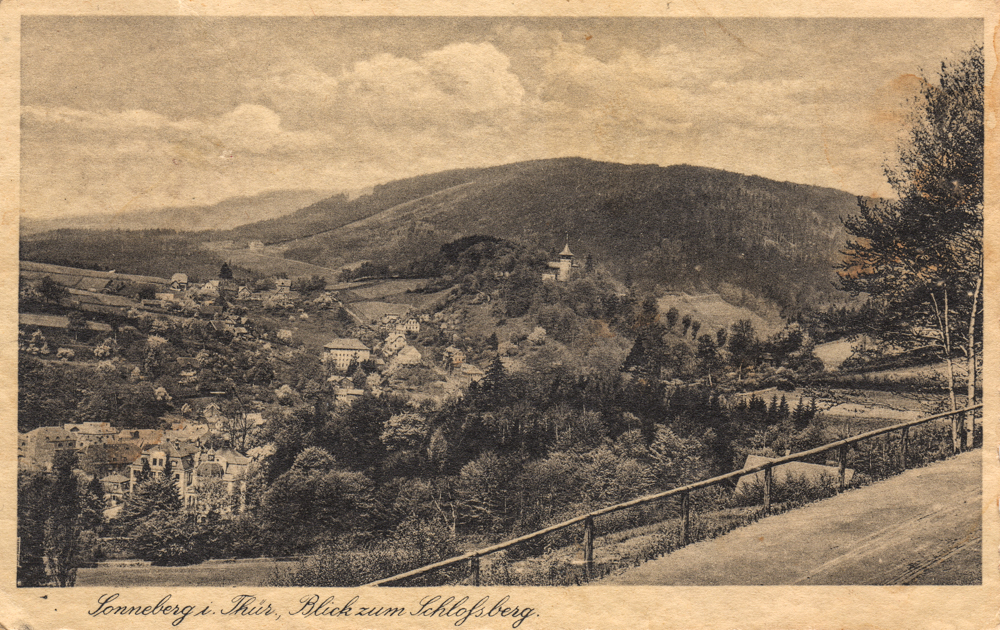
Summer, 1939: My clear memories of Sonneberg go back to the year 1939. Shortly before the outbreak of the Second World War, we spent the summer holidays with my grandmother in Thuringia, and I will try to write down what I remember from this trip. Father had started working for the city of Leipzig at…
-
Fräulein Leni
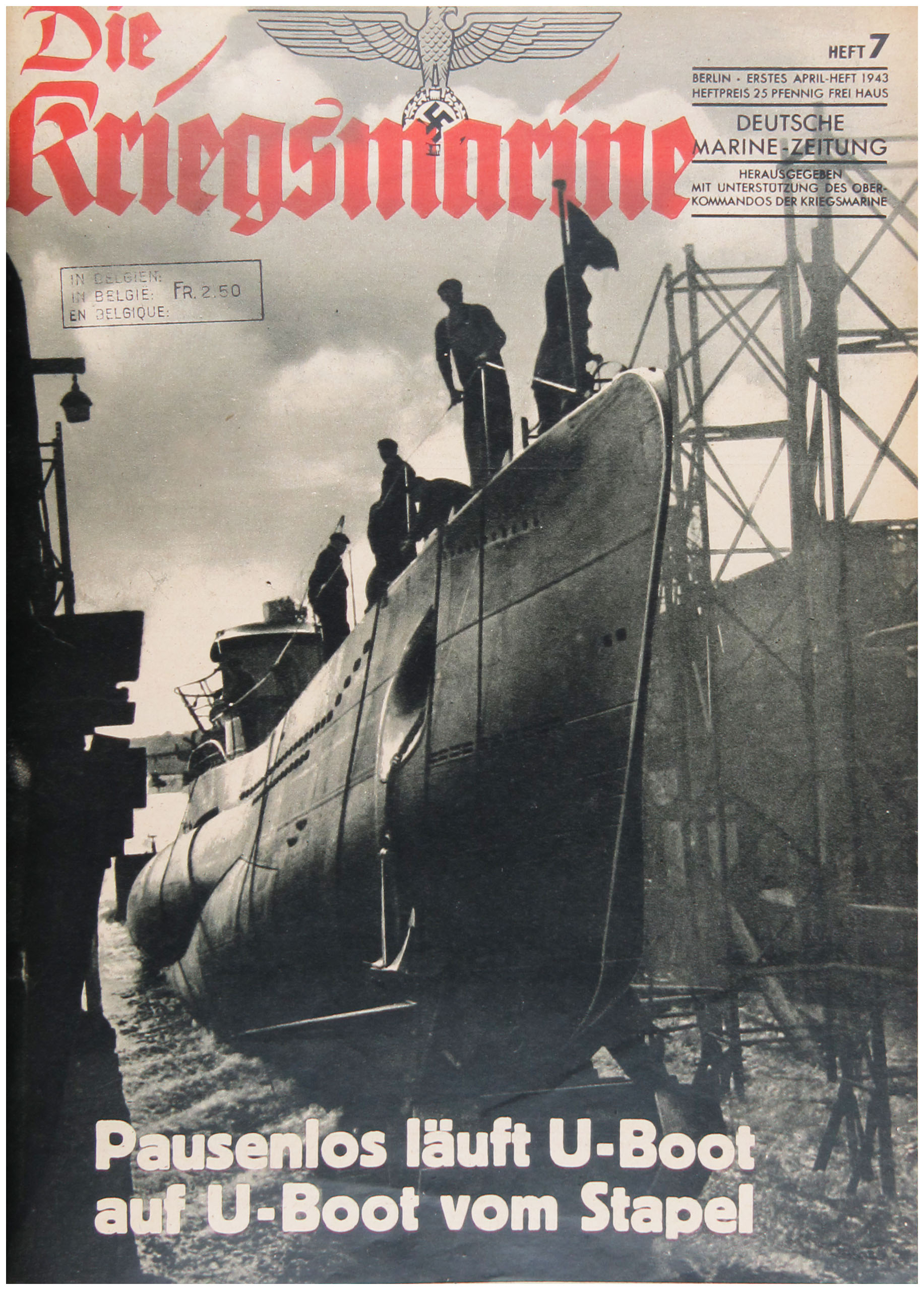
Winter, 1942. After various failures, i.e. attempts with “Pflichtjahrmädchen” , who were not at all what my mother had in mind, Leni suddenly appeared. My brother was about three years old at the time, and she threw herself with great enthusiasm into the care and education of the little chubby guy, who became her absolute…
-
Vacation in Berchtesgaden
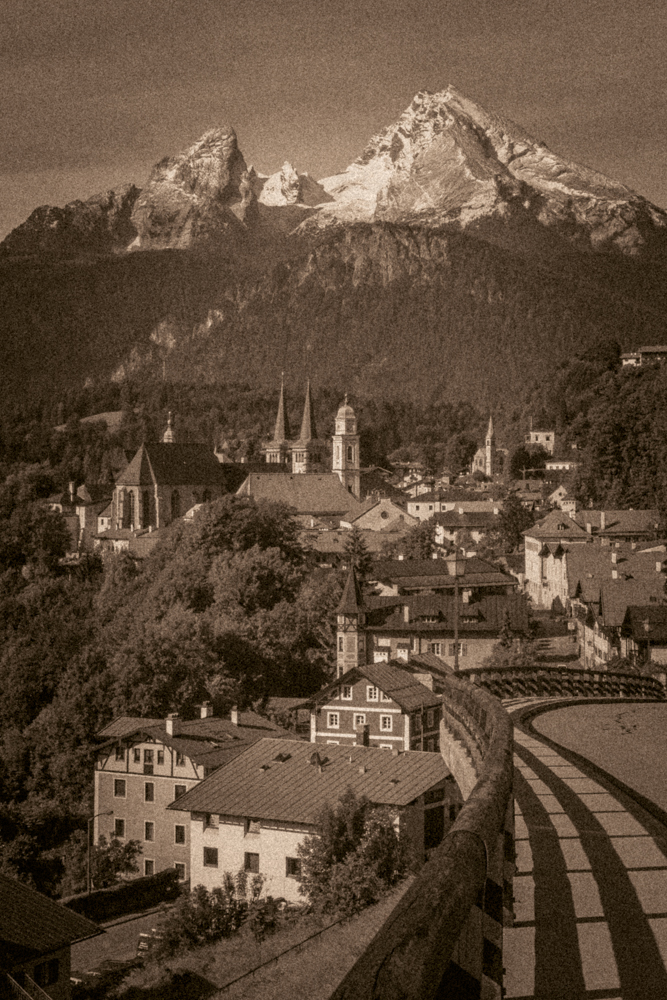
Easter, 1943. Father was relatively safe in the Breslau area, our uncle [Walter] had his home in the beautiful Berchtesgadener Land, and so we even went on a short holiday trip to Bavaria with our grandmother over Easter. It is hard to imagine what it was like on the totally overcrowded trains. There was no…
